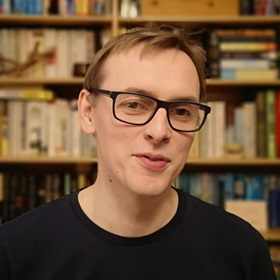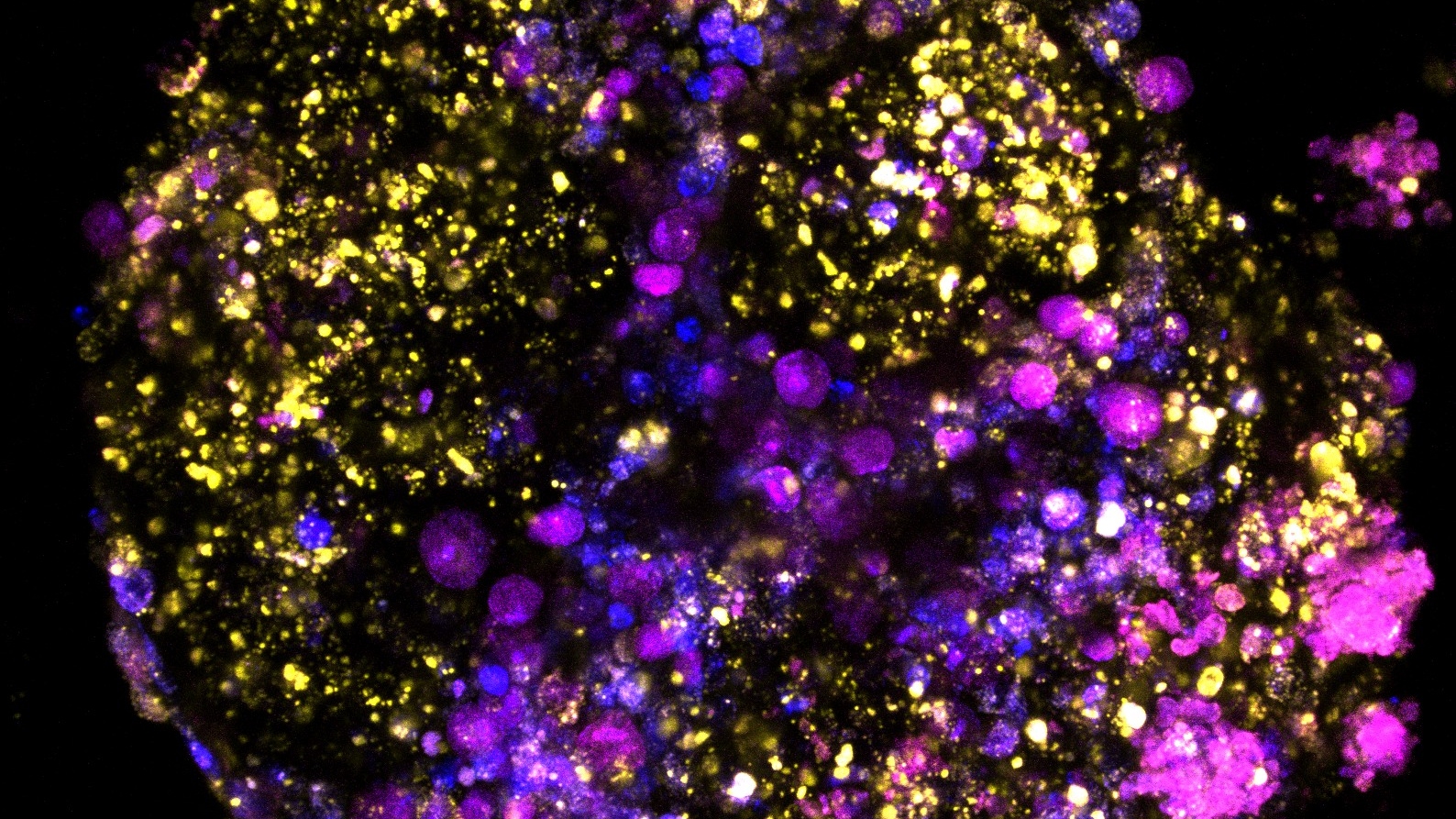Genomics and Evolutionary Dynamics Group
Professor Trevor Graham's group harnesses artificial intelligence and the principles of evolution with the aim of improving cancer prevention, diagnosis and treatment.
Professor Trevor Graham
Director of the Centre for Evolution and Cancer:
Genomics and Evolutionary Dynamics
Trevor Graham is Professor of Genomics and Evolution and the Director of the Centre for Evolution and Cancer. Trevor’s interdisciplinary expertise is at the intersection between evolutionary theory, mathematical modelling, genomics and molecular pathology.
Researchers in this group
 .
.
OrcID: 0000-0003-3303-068X
Email: [email protected]
I am a post-doctoral bioinformatician researching cancer evolution using genomics with a particular interest in chromosomal instability. I obtained my degree in Biochemistry at the University of Manchester and then my PhD at the Francis Crick Institute researching paediatric cancer evolution. As part of Professor Sottoriva's team, I am involved in multiple projects focusing on the evolutionary patterns of several adult cancers including breast, colon and prostate.
 .
.



.jpg?sfvrsn=21a64ae3_1)